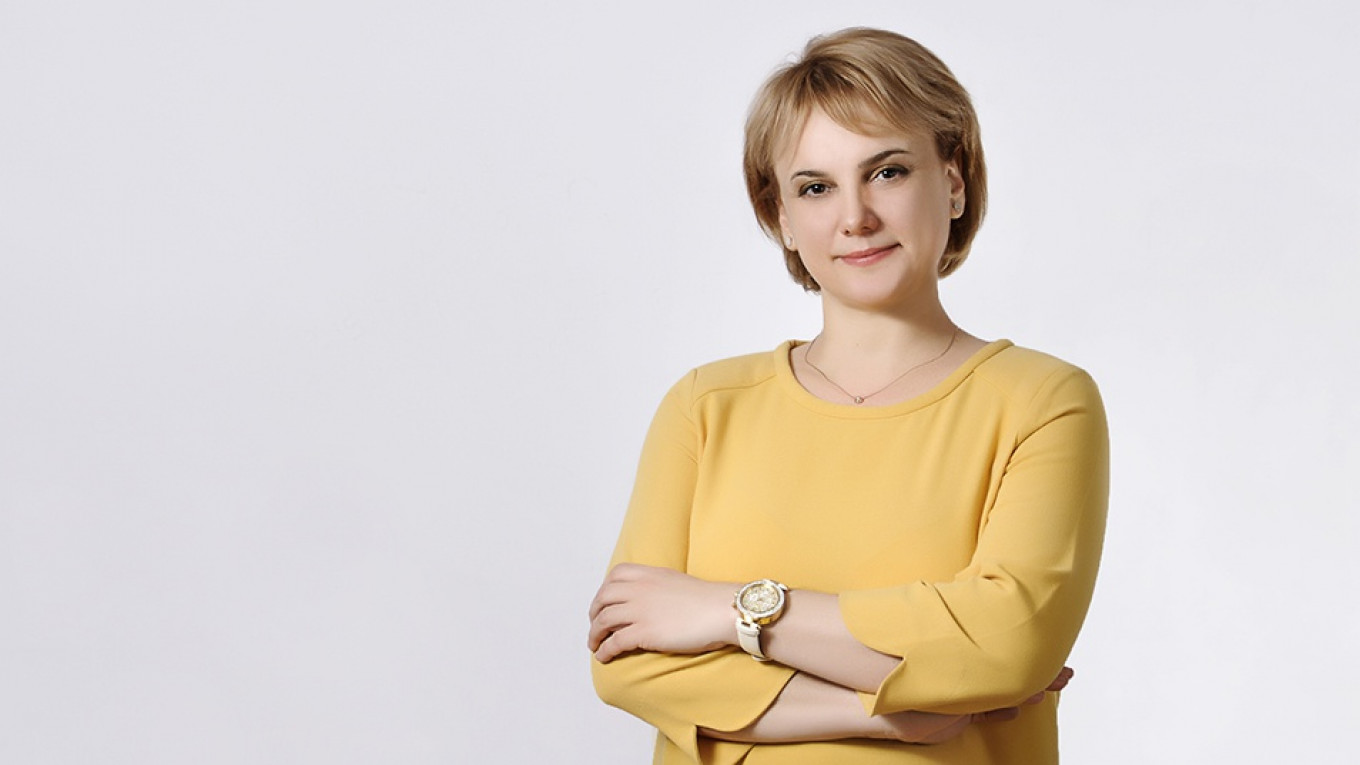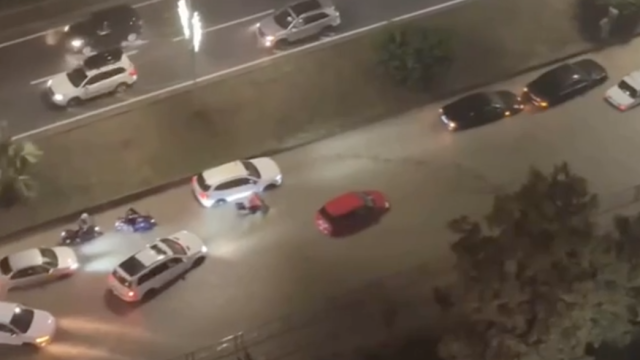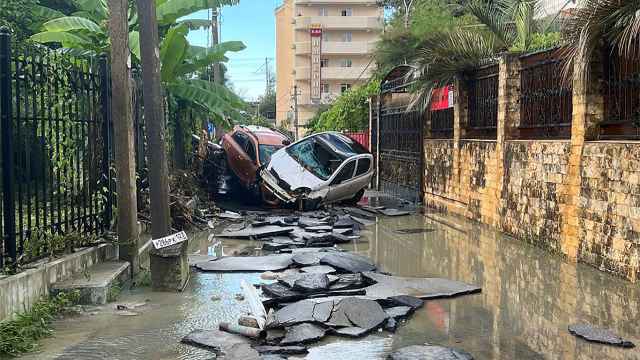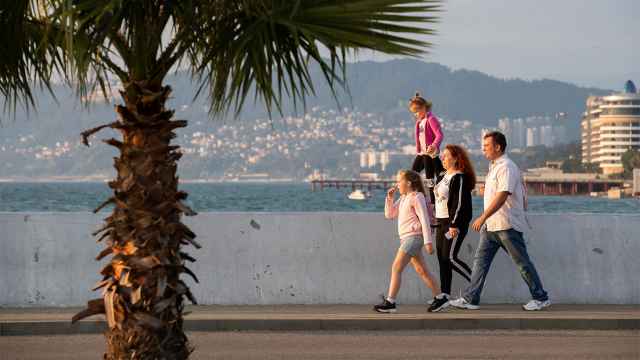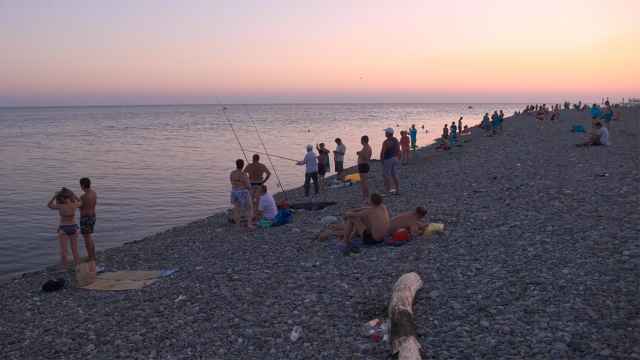Tatyana Strakhova was born in Sochi. She took part in organizing the first Formula 1 contest in Sochi and today she heads the press service of the company that manages the Olympic Park facilities and Barkhatny Sezon, the largest hotel in Europe.
Sochi is a resort that became a real metropolitan area. Time will tell whether that’s a good or a bad thing. It’s also the only Russian subtropical resort and it’s where the country’s leaders have traditionally come on vacation. Sochi is a quite unusual and multifaceted city. It’s located right next to the North Caucasus republics, which definitely has a certain effect. We have about 100 ethnic groups here and there’s never been tension between the different groups in the city because we are all Sochi residents. In a word, we are all southerners.
Sochi is a vacation town for every budget: from five-star hotels to apartment rentals. In the winter we have 100% occupancy of ski resorts and all the trains are completely booked.
Sochi is an unusual and multifaceted city, and is russia’s only subtropical resort.
Geographically, Sochi has four municipal districts: Central, Adler, Khostinsky and Lazarevsky. The ski resort cluster is also in the Adler district. People call it Roza Khutor, but that’s just the name of a resort located in the village of Esto-Sadok. Both Esto-Sadok and Roza Khutor are Estonian names, since many Estonians settled here in the late 19th century.
A brand new city was built for the Olympics in the Imeretinskaya lowland along the coast. Before that, a significant part of the lowland was occupied by marshes, where rare migratory birds could be spotted. But surprisingly enough, after the Olympics there are now artificial ponds where the same birds can be seen.
The Olympic flame bowl and the singing fountain became new Sochi landmarks. Every day the fountain works for four hours straight. Each Olympic Palace is unique and different, but they are all examples of good architecture.
It is difficult to think of disadvantages to the Olympics in Sochi. The main benefit is roads; before the Olympic games, the city could hardly breathe because of the traffic jams, but now it is much easier to drive around the center. In addition, a highway and a railroad were built all the way to the Krasnaya Polyana resort. Today Sochi is very convenient logistically.
At the same time, many Sochi residents are not happy with new architecture that they consider tasteless. For instance, I do not like that the Hyatt is right next to the Fine Arts Museum, which was built in Stalin’s empire style. There is no architectural consistency.
Sochi beaches are totally man-made. To expand the pedestrian zone, we build stone structures that stand perpendicular to the embankment and then we pile pebbles on top of them. The entire Sochi embankment is a hydrotechnical structure.
Sochi is a city-park, a city of squares and trees that provide shade. I like the Tenistaya (Shady) Alley, next to the Arts Square, where there is a monument to Lenin. I also like to walk in Primorsky (Seaside) Park, where there’s a fantastic view of the sea.
I really love the Khmeli & Suneli restaurant; it’s a popular place that serves Caucasian and European dishes. Cafeteria Number 1 is Sochi’s best-kept secret — there are always fresh cakes there and the walls are adorned with photos of old Sochi. It’s a place where you often bump into good friends.
A Message from The Moscow Times:
Dear readers,
We are facing unprecedented challenges. Russia's Prosecutor General's Office has designated The Moscow Times as an "undesirable" organization, criminalizing our work and putting our staff at risk of prosecution. This follows our earlier unjust labeling as a "foreign agent."
These actions are direct attempts to silence independent journalism in Russia. The authorities claim our work "discredits the decisions of the Russian leadership." We see things differently: we strive to provide accurate, unbiased reporting on Russia.
We, the journalists of The Moscow Times, refuse to be silenced. But to continue our work, we need your help.
Your support, no matter how small, makes a world of difference. If you can, please support us monthly starting from just $2. It's quick to set up, and every contribution makes a significant impact.
By supporting The Moscow Times, you're defending open, independent journalism in the face of repression. Thank you for standing with us.
Remind me later.


